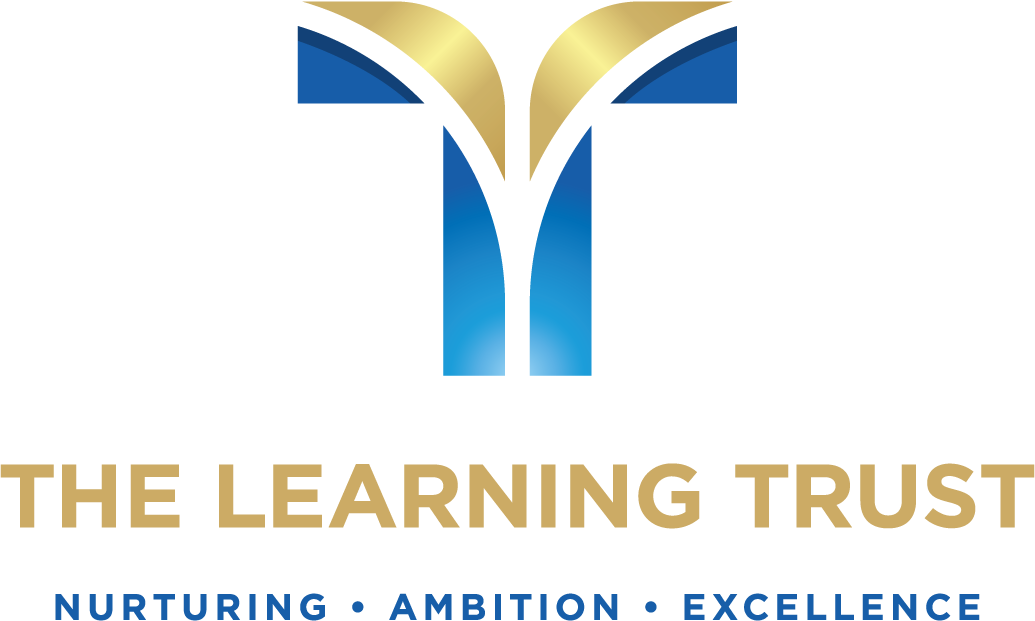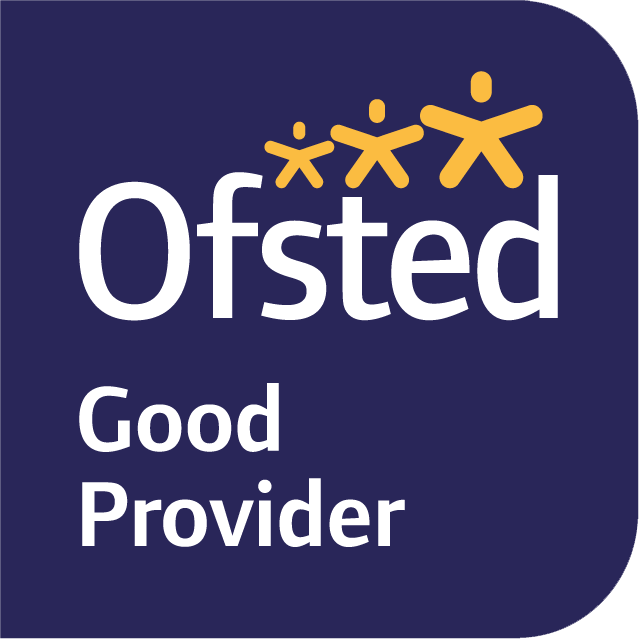English
| Subject: | English |
| Contact: | Mrs K Cogger |
Overview
In English, we believe that all students should be given the opportunity to access a wide variety of texts from classic to contemporary. We believe that the texts our students study should be culturally, linguistically and conceptually rich, carving the passage for students to explore universal messages and values. We have exceptionally high expectations of our students and we challenge them to think critically and independently. Every lesson, we immerse our students in imaginative and academic language to enable them to read, talk and write convincingly across a range of contexts. Our goal is for all of our students to be equipped with the reading and communication skills they need to access the challenges of the curriculum and excel in whatever path they choose to take in later life.
Key Stage 3
Overview
Students are taught in ability classes in years seven, eight and nine. Throughout their literary journey students will study a wide range of texts including prose, drama and poetry. All students will study at least one Shakespeare play each year. New for 2019, students will also study a wider range of non-fiction texts taken from the 19th, 20th and 21st century to ensure that they have a secure understanding of how reading and writing has developed over time. As part of this, students also study the historical and cultural contexts of the texts to build a deeper understanding of writers’ ideas and methods.
Informal formative assessments take place frequently and take many forms. For example, students may be asked to write an analytical paragraph, complete a comprehension exercise, produce some creative writing or give a verbal presentation. Students are expected to reflect upon their own work on a regular basis so that they have a secure understanding of their own abilities and needs.
The final assessment for each unit of work takes place at the end of each half term. This is usually a written piece or an essay but may on occasions be a verbal task. This work will be assessed against our assessment criteria where students will be given clear targets for their continued improvement.
All Key Stage 3 English lessons begin with 15 minutes personal reading time. Students are expected to bring a reading book to every English lesson for this purpose.
Homework is set weekly. Students in years seven and eight will be given homework booklets to work through but they may also be set additional work. Students in Year 9 will be set more challenging and extended homework to prepare them for Key Stage 4.
Curriculum Content
| Year |
Autumn Term |
Spring Term |
Summer Term |
|||
|---|---|---|---|---|---|---|
|
7 |
Mystery Short Stories: Reading |
Mystery Short Stories: Narrative Writing |
20th Century Journeys: Non-fiction Writing |
Comparing modern poetry (thematic): Reading |
Romeo and Juliet: Reading |
Romeo and Juliet: Writing and Oracy |
| 8 | 19th and 21st C Non-fiction: Reading | Gothic Writing using extracts from 19C texts: Descriptive writing | Poems from different cultures: Reading | Shakespeare’s Villains: Reading | Modern Classic reader: Reading/Essay writing | Modern Classic reader:Writing and oracy |
|
9 |
Animal Farm/Blood Brothers: Reading/Essay writing |
20th Century Journeys: Non-fiction writing |
Creative writing inspired by War Poetry: Descriptive writing |
Macbeth: Reading/Essay writing |
||
Assessment Criteria
Please find below the assessment benchmarks for English. A child progresses across the grid (from A-I) when they demonstrate a deeper knowledge and wider range of skills in each assessment carried out.
Key stage 4
Overview
Students are also taught in ability classes at Key Stage 4 based on their prior attainment and targets. Students are taught in 9 hours a fortnight. For one of these hours, students will focus on the revision of a particular part of the GCSE course for example poetry or Macbeth.
We follow the AQA GCSE syllabus for both Language (8700) and Literature (8702). Both are linear courses, examined at the end of Year 11. The Department prepares students for these final exams with regular exam practice and opportunities to develop the key reading and writing skills. Teachers will deploy a variety of teaching styles and methods to meet the needs of the students in their own classes. Where possible, teachers will remain with the same class through years 10 and 11 so that they develop a strong working relationship.
For English Language, students need to be confident readers of literature and non-fiction texts and be able to access literary heritage texts. They need to be able to write accurately for a variety of purposes. For English Literature, students need to be able to analyse a range of texts. Our exam texts are as follows:
- Lord of the Flies by William Golding
- The Strange Case of Dr Jekyll and Mr Hyde by Robert Louis Stevenson
- Macbeth by William Shakespeare
- Conflict poetry from the AQA Anthology.
Informal formative assessments take place regularly and students are assessed formally at least once per half term. Students will usually be asked to respond exam questions which mirror those they will expect to answer in their GCSE examinations. Students will be assessed against the relevant exam criteria. Students will also have at least two mock exams.
Homework will be set weekly. This may be an individual task or a full exam paper. Students are also expected to read the set texts and to revise from their class notes.
Exam board and course
AQA English Literature (8700)
AQA English Language (8702)
Curriculum content
| Year |
Autumn Term |
Spring Term |
Summer Term |
||
|---|---|---|---|---|---|
|
10 |
Lord of the Flies: Literature |
Paper 1 Reading: Language |
Paper 1 Writing: Language |
Jekyll and Hyde: Literature |
|
|
11 |
Paper 2 Reading: Language |
Paper 2 Writing: Language |
Revision |
Revision |
|
Enrichment opportunities:
English exam skills support: Varies by individual teacher
Debating club: Thursdays 3.00-3.45pm
Creative writing KS3: Tuesdays 8.15-8.40am










